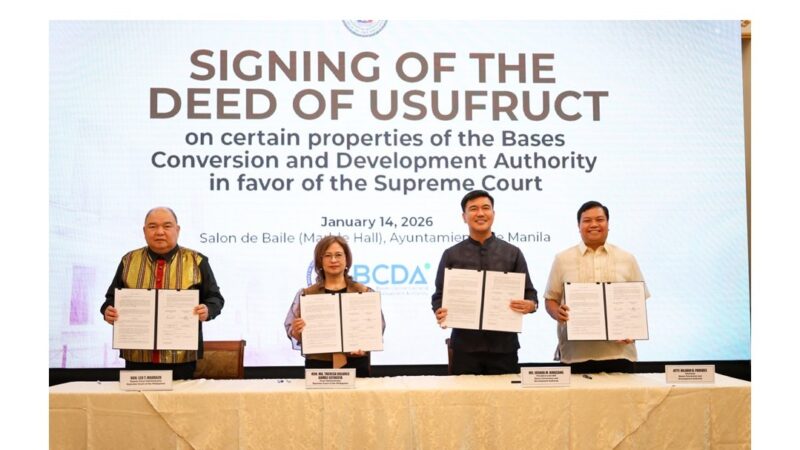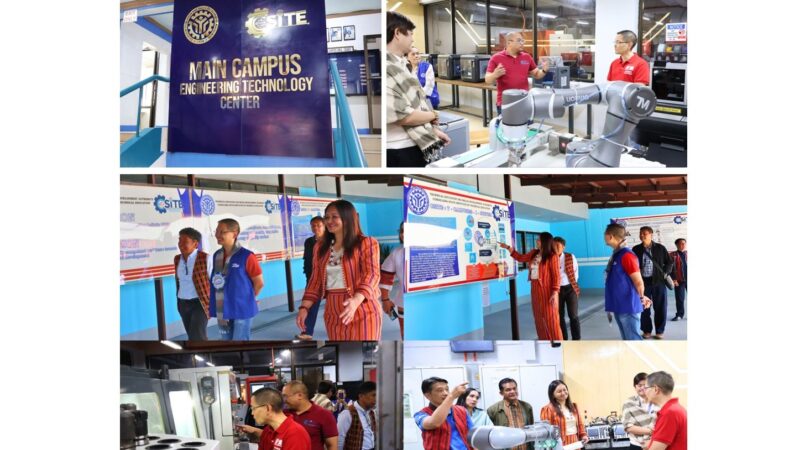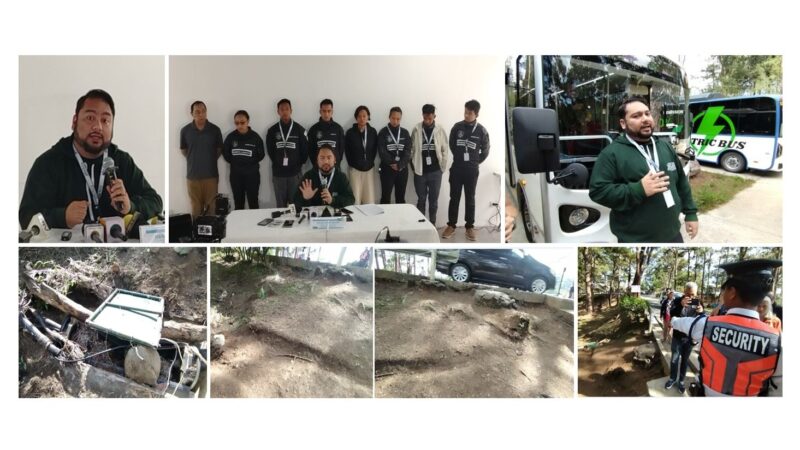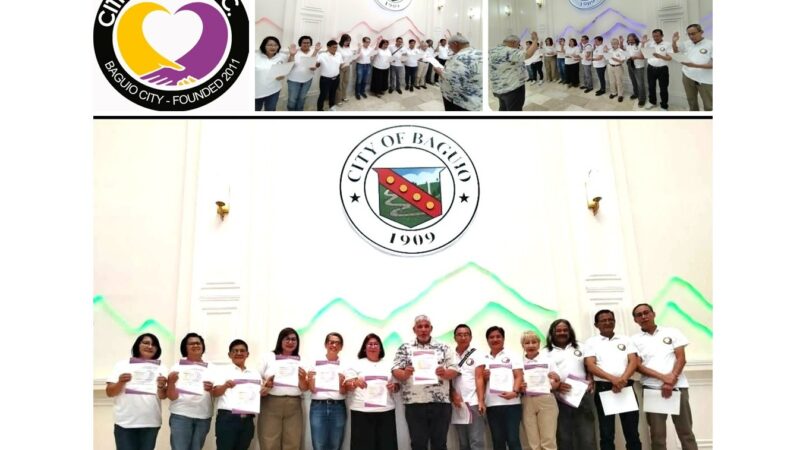Mayor twits complacency in waste segregation

Mayor Benjamin Magalong urged residents to continue practicing waste segregation and composting in their households and business establishments to sustain waste reduction efforts in the city.
At the same time, the mayor called on the barangays to be more strict in prohibiting their constituents from dumping their biodegradable garbage in their waste disposal areas.
“We should fight off complacency and continue taking segregation and composting practices seriously. It destroys the momentum we had gained early this year in our waste reduction efforts,” the mayor said.
The mayor earlier inspected the waste transfer station and observed substantial increase in food wastes indicating slackening in segregation and composting efforts at source.
The mayor expressed concern that if this remains unchecked, the city will have a hard time managing the decomposable refuse despite its best efforts to make use of available methods and technologies.
City General Services Officer Eugene Buyucan reminded barangays that managing their own decomposable waste is an obligation of the communities pursuant to the provisions of Republic Act (RA) 9003 or the Ecological Solid Waste Management Act of 2000 and the city’s Environment Code.
But for biodegradable waste sneaked in by residents which barangay officials had no way of tracing, Buyucan said the General Services Office (GSO) had no recourse but to collect them.
“That is why we are again reminding barangays to be more strict in ensuring that no biodegradable waste will make their way to the collection areas,” he said.
He said they also encourage households to dispose of their recyclable wastes on their own to help in reduction efforts.
Households and barangays are also urged to practice composting. He said a simple composting method would only require any container, big or medium-sized and can be plastic, wood or cement where biodegradable wastes can be stored.
“Just cover the refuse with a small amount of soil for drying and repeat the process. The compost can be used in one to two months for their backyard garden,” he said.
The GSO head offered simple tips on how to reduce wastes at home:
- Lessen if not totally avoid purchase of goods with too much packaging. The GSO had noted an increase in plastic wastes in the city since the pandemic when online selling and delivery became popular;
- Learn to minimize food waste by preparing just enough food;
- Buy items in bulk to avoid packaging wastes especially basic items like rice, kitchen condiments and hygiene needs like shampoo. Sachets create more wastes; and
- Segregate your wastes into recyclables, biodegradable which you can convert to compost or feed for animals and residual which should be collected by the city.
The GSO also urged the practice of the 10R principle under the circular economy concept of the Green LGUs Project of the United Nations Development Programme (UNDP) and the Dept. of Interior and Local Government (DILG) which aims to minimize waste and promote sustainable use of natural resources through smarter product design, longer use, recycling and more as well as regenerate nature (with the end in view of) helping tackle the problem on pollution, climate change and biodiversity loss.
These are: Refuse (make product redundant by abandoning its function or by offering the same function with a different product), Rethink (make product use more extensive like sharing products or putting multi-functional products on market), Reduce (increase efficiency product manufacture or use by consuming fewer natural resources), Reuse (reuse of discarded product in good condition by another consumer), Repair ((repair and maintenance of defective product so it can be used with its original function), Refurbish (restore and old product and bring it up to date), Remanufacture (use parts of a discarded product into a new product with the same function or rebuild a product to specifications of the original manufactured product using a combination of reused, repaired and new parts), Repurpose (use discarded products or its part in a new product with different function or use things again in an entirely new way), Recycle (process materials to obtain the same or lower quality), and Recover (further material or energy recovery). – Aileen P. Refuerzo






